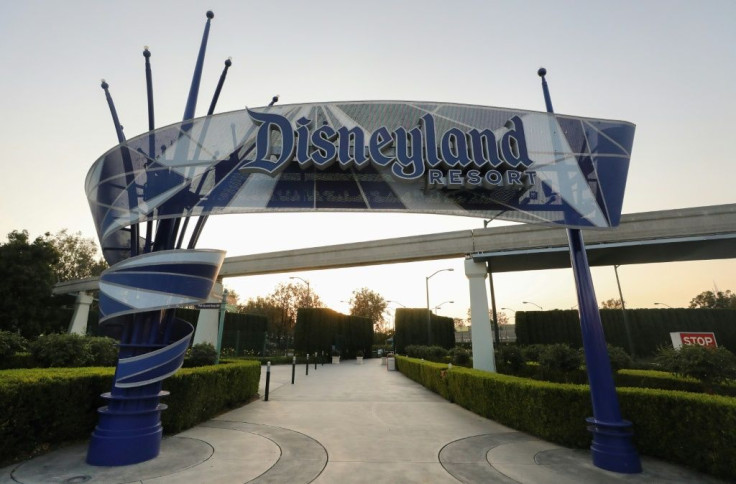Disneyland Rivals Are Back In Business -- And That's A Good Thing
The past 13 months have been a figurative roller coaster for a lot of us, but folks in California can finally go on a literal one, too. Theme parks in the nation's most populous state are starting to open.
We're still two weeks away from the reopening of Disney's (NYSE:DIS) original park in Anaheim, but nearly everyone else is starting to unlock their turnstiles. They're bringing back employees, giving locals some long overdue white-knuckled thrills, and making it easier to be an investor in amusement park operators again.
Comcast's (NASDAQ:CMCSA) Universal Studios Hollywood reopened on Friday. Six Flags (NYSE:SIX), Legoland, and SeaWorld Entertainment (NYSE:SEAS) opened their parks earlier this month. Only one major operator outside of Disneyland has yet to return to normal operations. Cedar Fair's (NYSE:FUN) Knott's Berry Farm will return to normal operations on May 21. It's been a surprising laggard in the pandemic, so it's not a surprise to see the regional amusement park operator be the last one to awaken.
It's not pleasure as usual
We won't be at peak California theme parks anytime soon. California is allowing the attractions to open at no more than 25% of their official capacity levels. Demand won't be a problem. Park operators have largely turned to online park reservation platforms for folks to square away the limited number of daily admissions available, and they've routinely run out of spots.
Disneyland -- despite refunding annual pass holders in January -- has only had a problem keeping its site up when it opened up park availability slots late last week. Even with California restricting attendance to in-state residents, it's not going to be a problem to bump up against the 25% ceiling. Californians had to wait more than a year to get their theme parks and movie theaters back. They're hungry for diversions outside their homes.
The math, however, won't be kind. Theme parks and regional amusement parks have high fixed costs, and running at 25% of capacity doesn't mean they can just bring back 25% of their employees. Turning a profit will be a challenge, but the goal is twofold. Getting back into business is the only way to regain the momentum that was squandered when the industry went dark in mid-March of last year. If California parks are able to achieve what Disney, Comcast, and SeaWorld have accomplished in other states -- losing less money than they would if they remained shuttered -- it will be a relative success.
Being closed for more than a year also means that many attractions that were set to open in 2020 can be marketed as fresh experiences in 2021. Universal Studios Hollywood opened on Friday with a new family-friendly ride themed to The Secret Life of Pets and an updated version of its Jurassic World boat ride. Marvel's Avengers Campus will open at Disney's California Adventure on June 4.
Restricting access to California residents will sting the larger players the most. Disneyland has hotels to fill with tourists who tend to spend a lot more in the parks than locals do. They can't visit just yet. Comcast's Universal Studios Hollywood leans on international visitors drawn to the magic of the historic Tinseltown attraction. In contrast, regional amusement park chains that rely mostly on economical annual passes to woo locals will be fine.
Investors in travel and tourism stocks won't get the same kind of financial performances they saw in pre-pandemic days, but it's all about getting started up again. It's been a long time since many of these gated attractions echoed with squeals of delight.
The air is filling up with the scents of fried carnival treats. It's time to ride again.

This article originally appeared in the Motley Fool.
Rick Munarriz owns shares of Walt Disney. The Motley Fool owns shares of and recommends Six Flags and Walt Disney. The Motley Fool recommends Cedar Fair and Comcast. The Motley Fool has a disclosure policy.





















